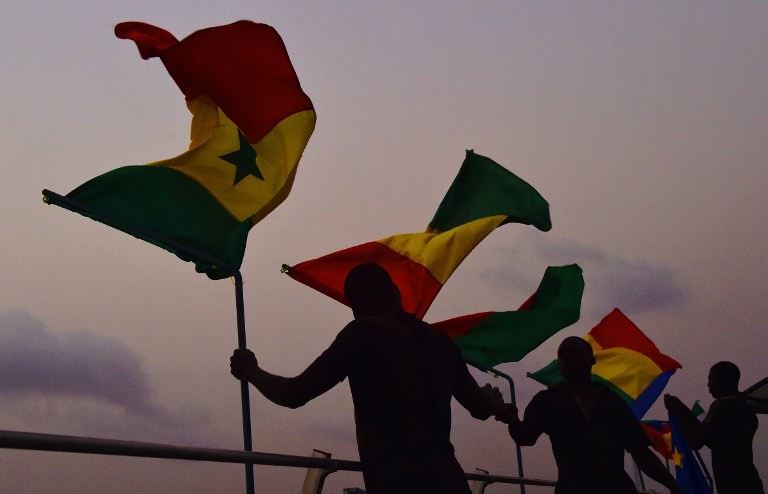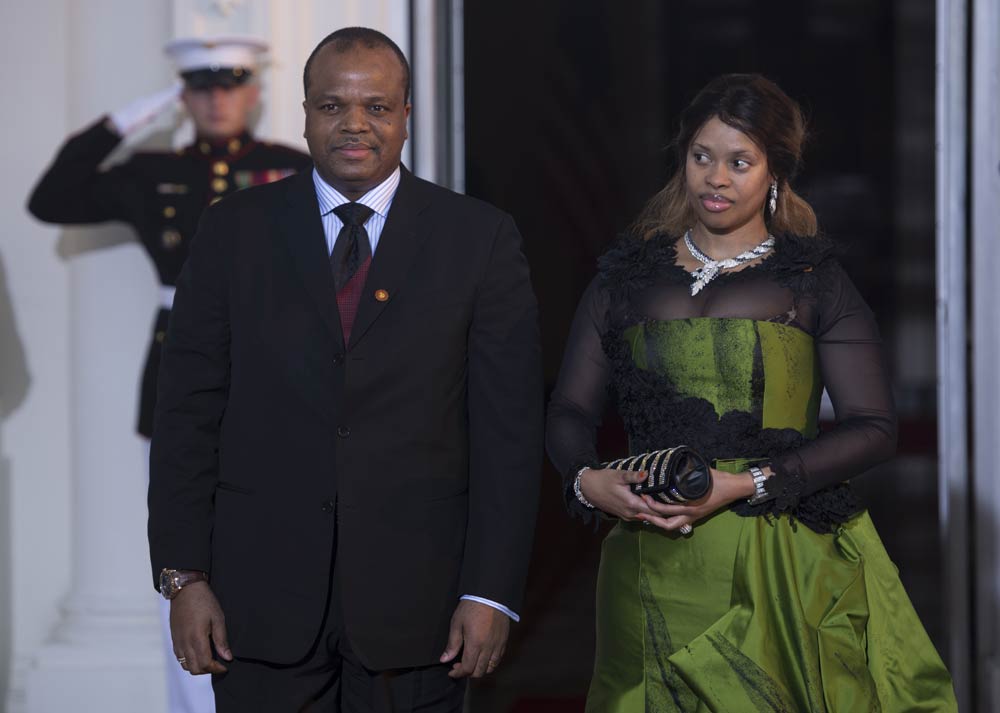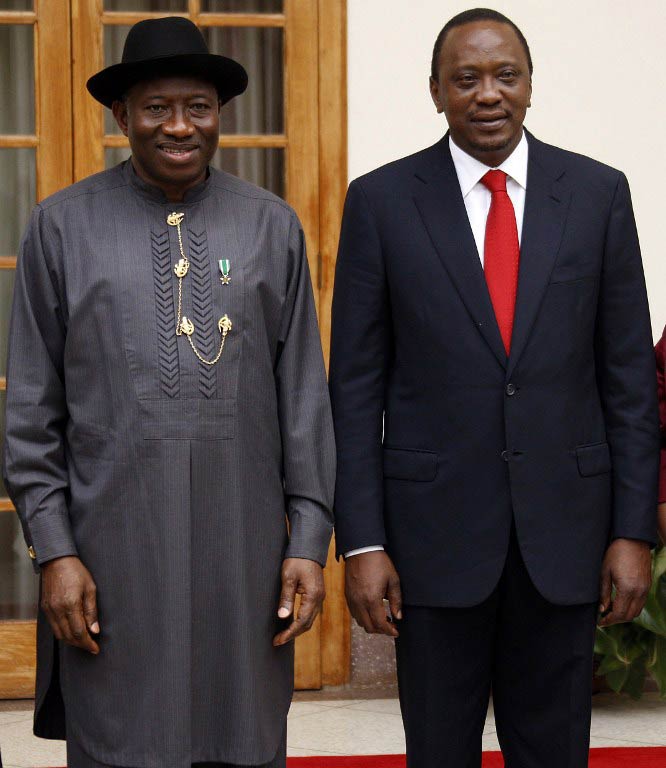
Botho is dead.
There, I said it. And quite frankly, it is about time somebody did. It’s about time we walked to the funeral of our most beloved product and allowed ourselves a few moments to come to terms with the reality that it is gone.
Botho or Ubuntu or African socialism or whatever name is now fashionable has always been a cornerstone of African societies or, to be more accurate, Bantu societies.
But now it is 2015. And in Botswana, Botho is a word so strong and loaded, that it has become the greatest political tool in the arsenal of the ambitious leader. A national address is incomplete without the speaker finding a way to praise us for upholding this core tenet of our civilisation and simultaneously admonish us for letting it slip away. It is the multi-purpose screwdriver in the toolbox of the mass manipulator.
Leaders in power shame us for having “lost” it, while leaders with ambitions to gain even more power praise us for upholding it. And this is not only a Botswana phenomenon, for South African leaders are also known to admonish wayward followers for losing their “Africanness”.
All over Africa, our culture, painted in the fantastic light of glamourised pasts, is waved in the faces of the ordinary Africans as some reminder that a different behaviour than that natural to all humans is expected from us.
Politically active youths demanding opportunity are said to be behaving without Botho, without respect for elders. Women asking for equal rights are said to be acting in their own interests and dismissing the needs of the community. Economically ambitious people are said to be thinking selfishly when they should be using their wealth to make the lives of their people better.
Well, I’m here to say that all of that is [expletive].
It is time we faced facts. We cannot foster societies that enable the greed of our leaders to be the driving force of our economies, and at the same time be expected to behave without that very same selfishness that is supposed to be at odds with our supposedly perfect pre-colonial societies.
At some point we have to choose between fulfilling the destiny Steve Biko believed was Africa’s responsibility (to bring a human face to civilisation) and following the rest of the world in letting capitalist aspirations shape our societies. And I’m afraid we have made that choice.
If the recent bouts of xenophobic attacks in certain parts of the continent are any indication, we, as African people, have chosen greed over Botho. We have chosen greed over idealism, over what Biko claimed was our special place in history. And we’ve done it without even knowing it.
At what point will we realise that our present acceptance of leaders who will do whatever it takes to gain as much personal wealth as possible at the expense of their people, is the very cause of the erosion of our belief systems? When will we realise these very same leaders are in no position to manipulate us with shame?
It is when we realise that greed is what is stripping our societies of their core beliefs, that we will see that the only way to move forward is to reject it.
We, Africans, have to ask ourselves everyday if this is what our ancestors fought for. Is this the freedom they died for? The freedom to steal? The freedom to kill? The freedom to die poor and without dignity? Is the right for politicians to steal without consequence, what Lumumba, Sankara, et al., died for? Is the right for the poor to murder each other over the crumbs of our GDPs what Nkrumah, Nyerere, et al. dreamed of?
Are the lives of the first Africans who died at the hands of colonialists to be honoured by our own individual obsessions with material wealth? Are their lives to be carried forward by ancestors who care more about emulating their warped view of western life than upholding the principles of societies that were alive for centuries before western interference?
Did we go through all of this for this? We have to ask ourselves these types of questions everyday if we are to arrive at the correct conclusion: Africa has to fight greed harder than we have ever fought anything else. We have to fight it like we fought off cruel colonialists, we have to fight it like we fought for freedom, we have to fight it harder than we have ever fought anything, because greed is Africa’s greatest problem.
And it begins today, by refusing to accept corruption. By demanding harsher anti-corruption laws, by seriously thinking about what role mindless consumerism has played in the decaying of our cultural principles, by a number of ways we have yet to discuss.
We have to fight because Botho is dead, and only our actions can bring it back.
Siyanda Mohutsiwa is a 21-year-old mathematics major at the University of Botswana. She is currently slumming it in Finland. Follow her on Twitter: @SiyandaWrites




